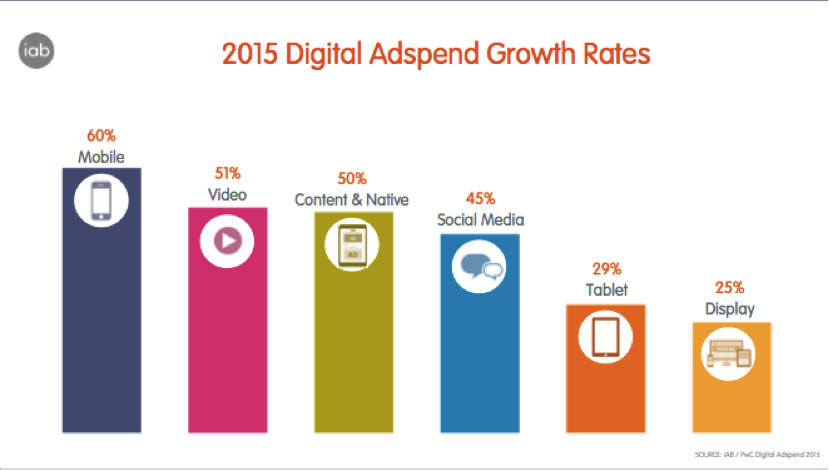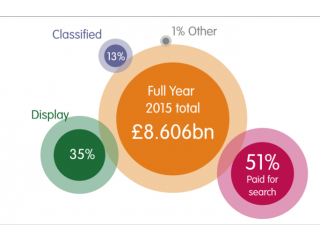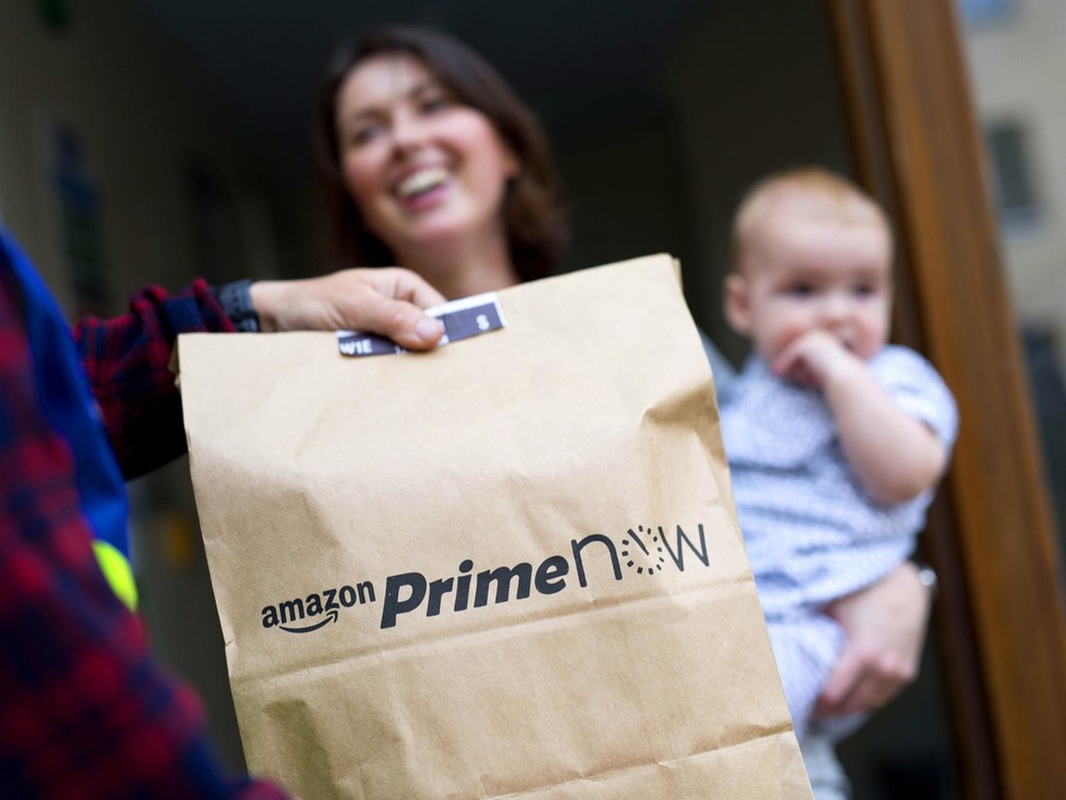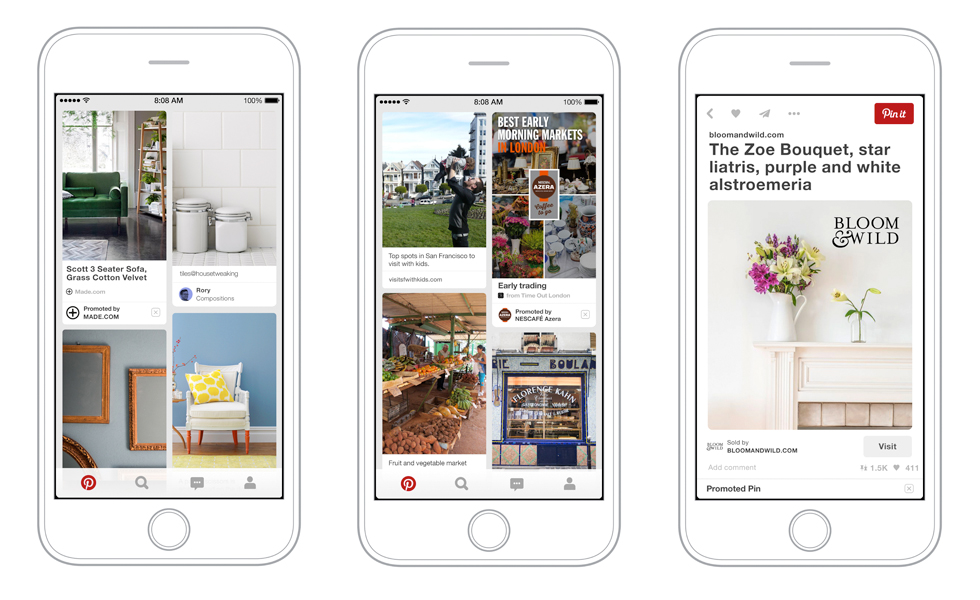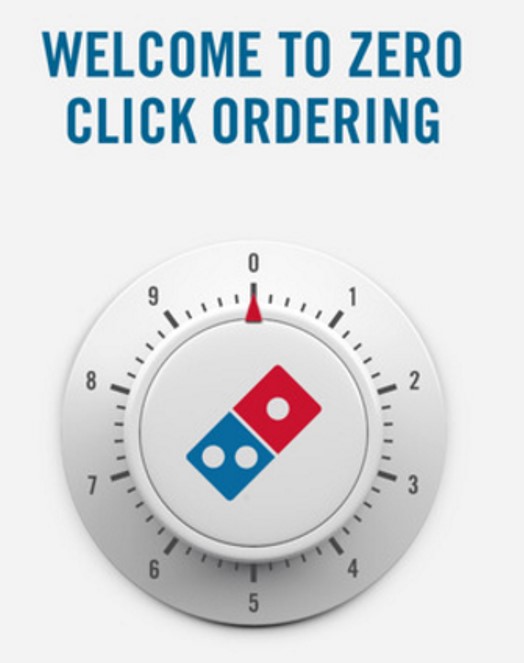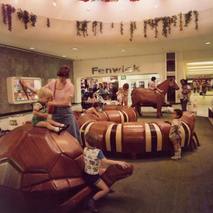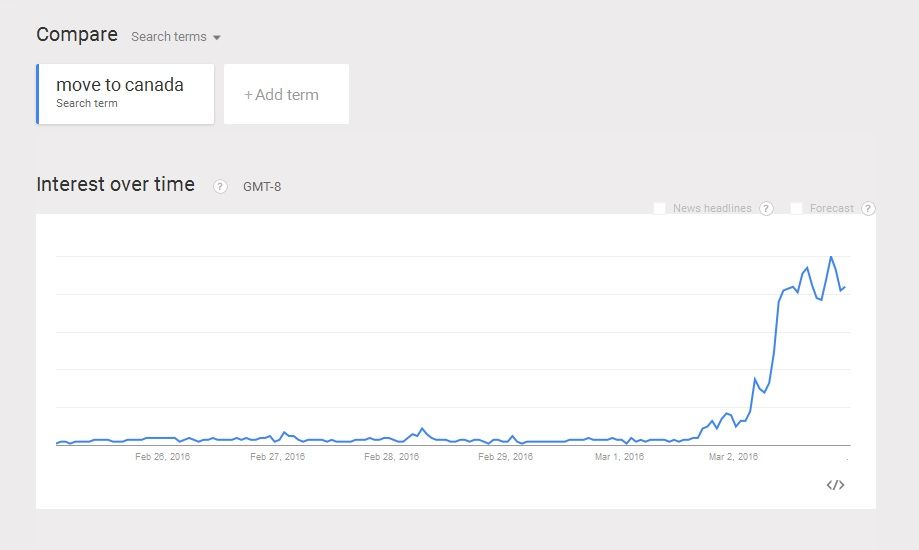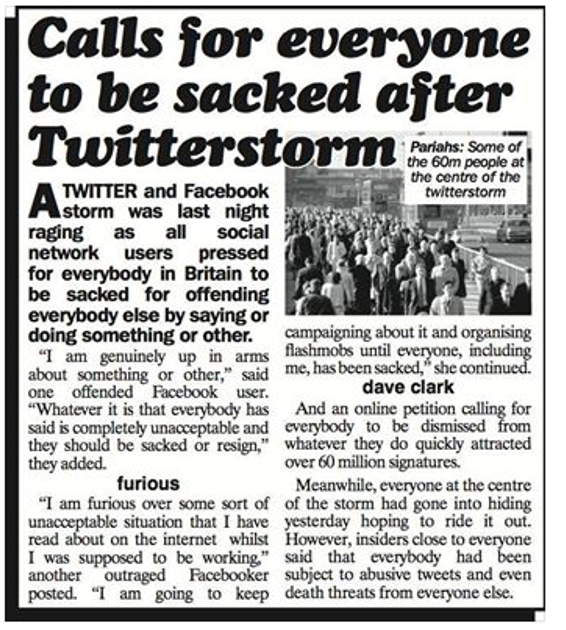|
Firstly, some recent stats that caught my eye. The IAB have released their latest annual figures on digital adspend with 2015 revenue of £8.6bn, up by 16.4% YOY. With digital spend always growing year on year as it takes an ever increasing slice of the marketing budget, this is not in itself surprising; what is of note however is the fact that this is the fastest such growth seen for 7 years. This has been driven in the main by mobile spend, which was responsible for 78% of this growth, with mobile now worth £2.6bn (up 60% YOY), accounting for 30% of all digital spend.
Even larger mobile growth was seen in the ecommerce sector, courtesy of the latest IMRG Capgemini eRetail Sales Index. Monthly figures for March recently released show overall online sales growing by 11%, within which smartphone transactions grew by a huge 101%. This meant that Q1 ecommerce sales increased by 15% YOY, nearly double the annual growth rate seen in Q1 2015. Larger mobile screen sizes coupled with much improved mobile shopping experiences from a variety of retailers are no doubt hoping to drive this upturn.
0 Comments
After launching in the US last year, Pinterest introduced its Promoted Pins ad solution in the UK this week, with brands such as John Lewis, Made.com and B&Q involved from day one. Pinterest’s visual nature makes it well suited to product categories such as furniture, where it should help retailers at the top of the purchase funnel, something that Hannah Pipel from Made.com highlighted thus: “I think potentially the planning stage is a really interesting one especially for home decor and higher ticket price items”. Of course, this will then entail efficient tracking and analysis to understand the value of Pinterest in the consideration phase, as it’s much less likely to gain the still often most visible last click. Having been around a fair while in the ever changing social media world, it is in fact perhaps surprising that it is only now that Pinterest are seeking to actively monetise their user base via advertising. With that in mind, Facebook’s announcement this week of a partnership with Tesco owned Dunnhumby to give greater visibility to FMCG brands on the effectiveness of their Facebook campaigns also shows that the job on proving digital marketing success is still far from done. According to The Drum this is in response to the fact that top FMCG brands “were being forced to put more budget than they might like to TV advertising, rather than digital, because the buyers at supermarkets – the people who decide if a product will go on shelves – believe that mass marketing is still the only way to shift stock at scale”. Therefore, this reality check helps to demonstrate the ongoing need for digital to still prove its worth compared to more established media, an education process that ecommerce teams still generally need to make a priority. Some unexpected news in the intersection between social media and sport this week too, with Twitter swiping the rights to live stream NFL Thursday night games worldwide. As previously reported, there had been a fair amount of speculation about this, with Facebook widely considered to be the front runner to help further boost its Facebook Live offering. Instead, Twitter will be benefitting from the live rights which will also help visibility and user growth for Periscope, its live streaming service which will be central to this.
Moving onto the modern day, this week’s big ecommerce news was Amazon’s wholesale tie-up with Morrisons, enabling Amazon to expand on their Pantry offering with fresh and frozen produce, likely to be available to UK consumers within a few months. Looking back to Brent Cross, this continuing innovation makes one question what the shopping centre will look like in a further 40 years; Amazon itself is indeed already using Brent Cross as a pick-up point with one of its Lockers available there. As the viability of shopping centres and high streets themselves continues to need to encourage socialising and eating out opportunities more and more, above and beyond “traditional shopping”, some interesting innovation from McDonalds also caught my eye this week. Inspired by the continuing hype around Virtual Reality (which continued apace at last week’s World Mobile Congress) and Google’s cheap Cardboard option, McDonalds are today launching in Sweden an ingenious combination of VR with a Happy Meal box, named “Happy Goggles”.
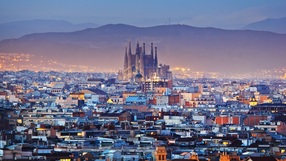 The big tech news for the coming week concerns the mobile industry, which is currently gearing up for its big annual beano, the Mobile World Congress in Barcelona from 22-25 February, so expect announcements and product launches from all the big players (excepting Apple who never exhibit), with the Samsung Galaxy S7 and LG G5 phones the objects of most interest. Some pretty big news in the world of search too, as Google have just confirmed that they will stop showing paid ads on the right hand side of desktop searches, albeit Google Shopping PLAs will still be visible on the right. Also, for “highly commercial” searches (e.g. “car insurance”), Google may show an additional fourth PPC search ad above the natural results, so it will be interesting to see if additional ads at the top will also spread onto mobile devices once this has bedded down. Closer to home, some recently announced figures show UK online sales growth picking up in January, with ONS estimating that online sales were up 10% year on year, a weekly average of £864m. Interestingly, January’s sales were 3% larger than December 2015, traditionally the largest month for online retail trade; this is likely to be driven by ecommerce sales pulled forward into late November fuelled by Black Friday discounting, further suggesting that this newly imported retail event is here to stay. Finally, in the week that Facebook announced they would be opening up their Instant Articles to all publishers, they certainly made a mis-step with one publication, namely the irreverent uniquely British institution that is Viz. Viz took to Twitter on Wednesday morning to announce that their Facebook page had been taken down due to not meeting community standards, before then proposing a new profile for the page. After much bemusement online, Facebook fortunately saw sense and reinstated Viz’s page the next day. This made a spoof article from a recent copy of Viz appear fairly prescient, as shown below… 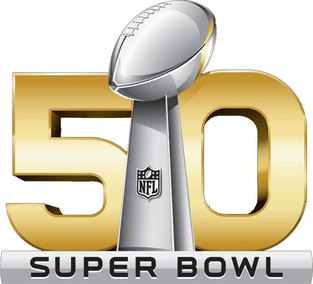 The big news of the coming week in the marketing world is probably the world’s largest advertising showcase, also known as the global sporting jamboree that is the Super Bowl. With the Super Bowl turning 50 this year, there is understandably huge excitement about the match itself in San Francisco on Sunday, with the dynamic Cam Newton’s Carolina Panthers favourites to beat veteran Peyton Manning’s Denver Broncos. However, whereas once the USA - and arguably the world - also eagerly awaited huge budget TV adverts airing during the game as added value entertainment, the digital world has fundamentally changed this, with many ads previewing online well before the gridiron itself, including some stern words from Helen Mirren. Accompanying social media campaigns around the core advert are a must to drive further impact, as shown by Pepsi having committed 40% of its Super Bowl media spend to digital. With 30 second TV ads typically costing $5m per slot (which could apparently buy you over 52,000 years of Netflix), the need to maximise this investment and gain maximum buzz is fairly evident. 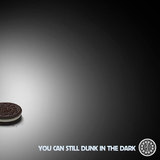 "Power out? No problem": Oreo's 2013 tweet "Power out? No problem": Oreo's 2013 tweet Of course, a huge impact TV ad is not even always needed to “win the Super Bowl” as Oreo did 3 years ago, thanks to its timely tweet responding to Super Bowl XLVII’s “blackout” when the stadium floodlights failed for half an hour causing the game to halt. Finally on the Super Bowl, a good example of the evolution of how we watch big sporting events is provided by this quick concept video from Microsoft, imagining how augmented reality could in future bring viewers even closer to the action. Closer to home, a couple of ecommerce stories leapt out this week. Firstly, Sainsbury’s much speculated purchase of Argos owner Home Retail Group finally become reality with a £1.3bn takeover, attracted by Argos’ multi-channel and logistics capabilities. Secondly, there was quite a lot of chat online about House of Fraser’s somewhat odd “#Emojinal” Valentine’s Day campaign; as Econsultancy asked: “massive fail or marketing genius”? Personally, it seems to me that superimposing emojis over topical figures like John Terry or Harry Styles doesn’t sit well with HoF’s strong established quality brand, but then this campaign probably wasn’t meant to resonate with me! That said, the dialling down on the supposed 2 weeks of activity for this campaign since - in HoF’s words – “that escalated quickly” on Monday suggest strong second thoughts from the brand themselves. Moving onto the tech world’s big beasts, the major news this week was that Google (or rather its new identity/parent company Alphabet) took over the mantle of world’s largest company earlier in the week on the back of some impressive Q4 earnings. This saw Alphabet’s market value sitting at $560bn, compared to previous number one Apple’s $540bn. An insightful Guardian article pointed out that since Google restructured to become Alphabet six months ago its market cap has risen by over $200 bn, while Apple’s has declined by a similar amount; which is attributed to Google’s more diverse and forward thinking products and services offering combined with iPhone growth starting to stall. Slightly less heralded was some Facebook news this week, as it overtook Exxon to become the fourth most valuable company, meaning that the four biggest businesses are now all tech stocks, with Microsoft completing the party in third. Facebook owned Whatsapp also announced this week that it has passed the milestone of a billion monthly users for the first time, as Facebook’s overall mobile dominance continues to grow when you consider the combined might of Facebook, Whatsapp and Instagram, not to mention the 800m now using Facebook Messenger each month.  Finally, big congratulations to BBC Radio 6 Music, which has become the most listened to digital radio station, with 2.2m listeners now tuning in each week on average. Once threatened with closure before a strong online led campaign helped it survive, 6 Music is a great example of how a sure understanding of your audience and a refusal to dumb down can help brands thrive; even in the music sector, a lesson that many struggling or defunct publications probably should have learnt from – in particular the decline of the once influential, entertaining and informative NME, now reduced to a freebie husk of what it once was. |
Jim ClearLead blogger and founder of Clear Digital: talking about ecommerce, digital, marketing and media. Categories
All
Archives
December 2020
|

